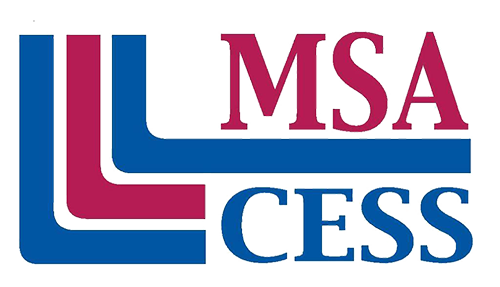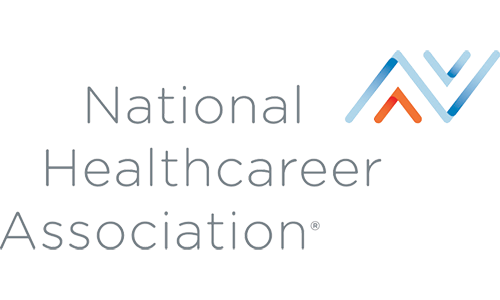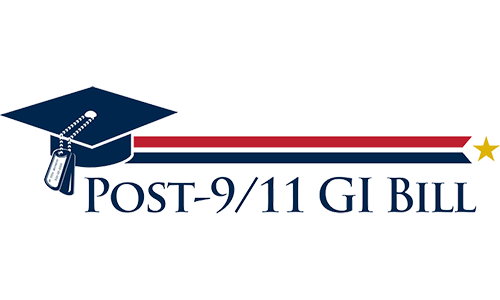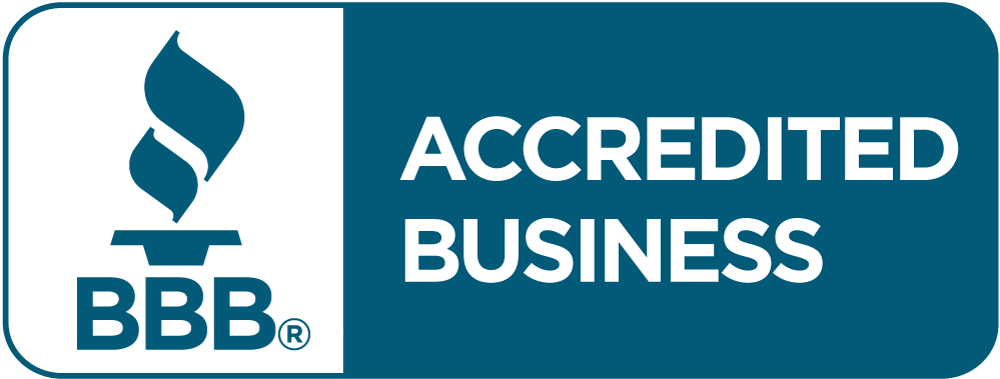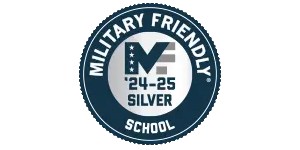Medical & Dental Administrative Assistant Training in NJ
The Medical & Dental Administrative Assistant Program provides students with the training and skills necessary to work in a variety of medical and dental settings in as little as four months. Students who participate in this program will learn billing and coding, reimbursement and insurance, business communications, medical and dental computer software products, and managing electronic health records (EHR).
Features of Our Medical & Dental Administrative Assistant Program
ACI Medical & Dental School, conveniently located in Eatontown, NJ, offers added value for our students that sets us apart from other programs. Some of the advanced features of our Medical & Dental Administrative Assistant Program include:
- NHA Certification. Once this program has been successfully completed, students will be prepared to take certification exams for Certified Billing and Coding Specialists, Certified Medical Administrative Assistants, and Certified Electronic Health Record Specialists through the National Healthcareer Association.
- One Program, Two Industries. Rather than focusing on either the medical or dental field, this program will prepare you for a job in either, doubling your potential job opportunities.
- Career Assistance. Our Career Assistance Program (CAP) is an important component of the Medical & Dental Administrative Assistant Program. This comprehensive career readiness training program provides students with the strategies to make career planning a success and assist in reaching his or her employment goals.
Our On-site Medical & Dental Administrative Assistant Internship
Completion of an on-site internship at a medical facility is a critical component of our students’ education and career preparation. This important opportunity provides our students with the necessary skills and experience required in the medical field while building the students’ resume. With our internship, students will get hands-on experience in the day-to-day responsibilities of a Medical & Dental Administrative Assistant in real healthcare settings including doctors offices, clinics, and hospitals. This internship is 180 hours for day programs, and 100 for evening programs.
What Does a Medical & Dental Administrative Assistant Do?
A Medical & Dental Administrative Assistant with Electronic Health Records and Billing & Coding is a key member of the administrative team in healthcare offices including hospitals, clinics, rehabilitation centers, and doctors’ offices. There is a wide use for medical office specialists with opportunities across a variety of medical settings. They help to keep the office and doctor/patient interactions running smoothly. Their day-to-day responsibilities can include:
- Medical Coding
- Medical Billing
- Updating patient electronic health records (EHR)
- Manage front office operations of a medical or dental office including answering phones and scheduling appointments.
- Verifying patient insurance and taking co-pays.
- Providing medical and/or dental billing and coding support at the entry level.
- Update patient records
- Schedule appointments manually
- Patient Insurance Education
- Telephone Techniques
- Health Insurance
- Claim Forms
- Inventory of Medical Supplies & using EHR
What is the Job Outlook for Medical & Dental Administrative Assistants?
According to the NHA, Medical Administrative Assistants are experiencing a job growth rate of 10%, which is faster than the national average of 7.4% across all industries. There has never been a better time to pursue this career!
Students who complete this course will be prepared for any of the following in-demand healthcare administration careers:
- Medical Administrative Assistant. Provide clerical support in healthcare settings, managing appointments, records, and handling administrative tasks.
- Dental Administrative Assistant. Assist in managing the front office of dental practices, handling scheduling, billing, and patient inquiries.
- Medical Scribe. Assist healthcare providers by documenting patient encounters in real-time, ensuring accurate medical records.
- Billing and Coding Specialist. Assign codes to medical procedures and handle insurance claims to ensure healthcare providers receive proper reimbursement.
- Medical Billing Specialist. Focus on billing and claims processing in medical facilities, ensuring timely and accurate billing to patients and insurers.
- Medical Biller. Prepares and submits billing claims to insurance companies and patients for medical services rendered, ensuring accuracy and compliance with regulations.
- Medical Secretary. Provide administrative support to healthcare professionals, handling correspondence, scheduling, and record-keeping.
- Medical Receptionist. Greet patients, schedule appointments, and manage front desk operations in medical offices.
- Medical Office Specialist. Handle a range of administrative tasks in healthcare settings, including billing, record-keeping, and patient interactions.
- Medical Office Assistant. Support healthcare providers with administrative tasks such as scheduling, filing, and patient communication.
- Dental Receptionist. Manage appointments, patient inquiries, and front desk operations in dental practices.
- Unit Secretary. Provide administrative support in hospital units, coordinating communication, and managing paperwork for patient care.
- Patient Scheduler. Coordinates and schedules patient appointments, ensuring efficient use of medical facilities and resources.
- Surgical Scheduler. Manages and organizes surgical appointments, liaising with medical staff and patients to ensure timely procedures.
- Pre-Authorization Specialist. Obtains necessary pre-approvals for medical procedures from insurance companies to facilitate patient care.
- Collection Specialist. Handles and resolves patient billing issues, collecting overdue payments and maintaining financial records.
- Medical Accounts Receivable. Manages incoming payments for medical services, ensuring accurate and timely processing of patient accounts.
- Insurance Coordinator. Coordinates and manages patient insurance claims, ensuring proper documentation and reimbursement.
- Insurance Verification. Verifies patient insurance coverage and benefits to ensure eligibility for medical services.
Does a Medical Administrative Assistant Need Certification?
There is no specific state-level certification requirement for Medical Administrative Assistants in New Jersey. However, healthcare employers have their own preferences or requirements for certification or training. According to the National Healthcareer Association (NHA), 48% of employers require or prefer certification for this position.
It’s essential to check with potential employers or relevant healthcare organizations in New Jersey to determine if they require any specific certifications or qualifications for Medical or Dental Administrative Assistant positions, as requirements can vary from one healthcare facility to another. Additionally, pursuing certification from organizations like the NHA can enhance your job prospects and qualifications in the field, giving you an advantage over other candidates.
Employers Look for These 5 Skills in a Medical or Dental Administrative Assistant:
- Communication
- Professionalism
- Time Management
- EHR Skills
- Critical Thinking
How Much Do Medical Administrative Assistants Make In NJ?
The salary of a Medical Administrative Assistant can vary depending on factors such as location, experience, the specific healthcare facility, and certifications. On average, Medical Administrative Assistants in New Jersey earn an average annual salary ranging from approximately $36,500 to $44,700.
What Is The Difference Between A Medical Assistant And An Administrative Assistant?
The primary difference between a Medical Assistant and an Administrative Assistant lies in their roles and responsibilities within a healthcare setting.
- A Medical Assistant (MA) is a healthcare professional trained to perform both clinical and administrative tasks. MAs assist physicians and nurses in patient care by taking vital signs, preparing patients for exams, and administering medications. They may also sometimes handle administrative duties like scheduling appointments, managing medical records, and billing. Their role combines both clinical and administrative functions, making them versatile healthcare team members.
- On the other hand, an Administrative Assistant, particularly in a medical context, primarily focuses on clerical and administrative tasks. They are responsible for managing appointments, handling patient inquiries, maintaining medical records, and ensuring the smooth operation of the front desk in medical offices or healthcare facilities. Administrative Assistants do not typically perform clinical duties like patient care or medication administration.
In summary, while both Medical Assistants and Administrative Assistants play crucial roles in healthcare, Medical Assistants have a broader scope of responsibilities that includes clinical tasks, whereas Administrative Assistants primarily handle administrative and clerical functions within medical settings.
Learn More About Our Medical & Dental Administrative Assistant Program
At ACI Medical & Dental School, conveniently located in Eatontown, NJ, our faculty and administration is committed to your success, and our affiliation agreements with major New Jersey hospitals, doctor offices, and clinics provide students with internship and future employment opportunities. If you are interested in enrolling in our Medical & Dental Administrative Assistant certification program, contact us today. Let’s get you on track to start your career!
